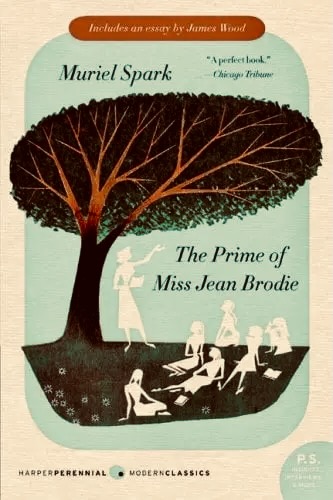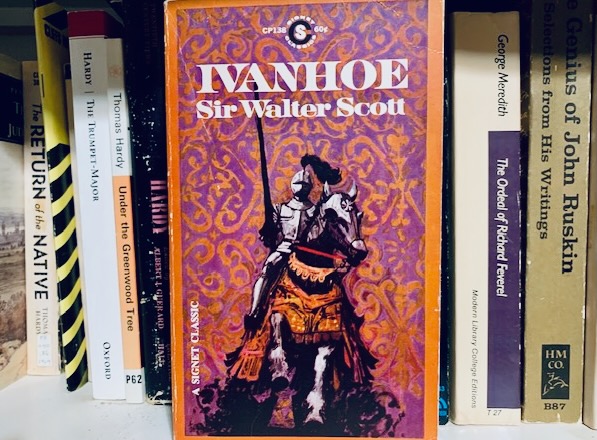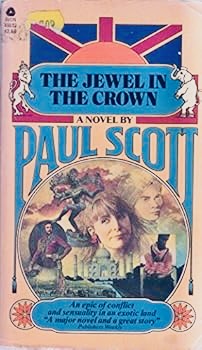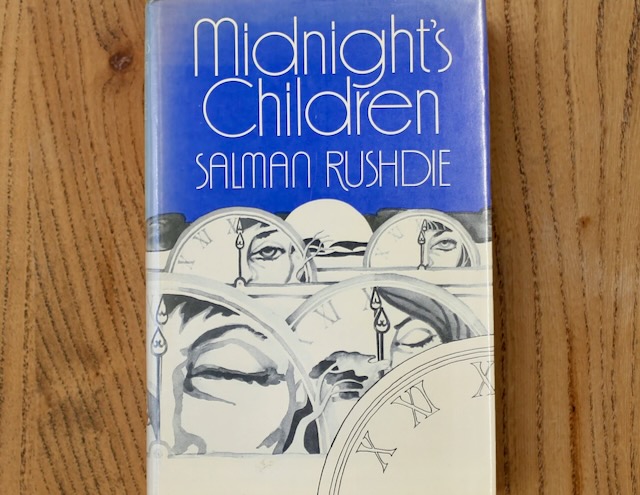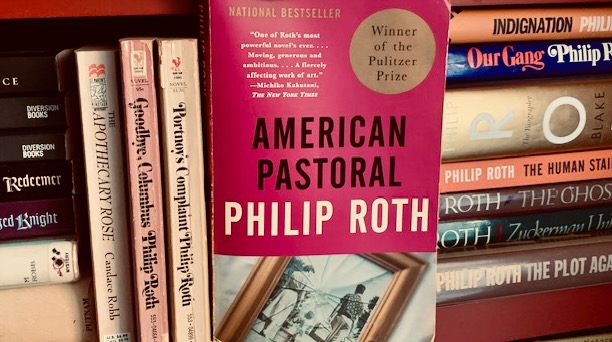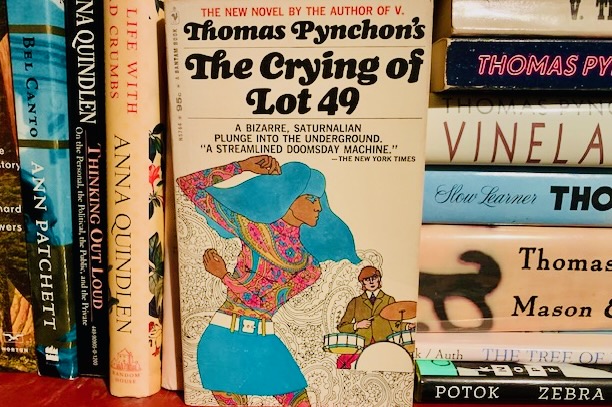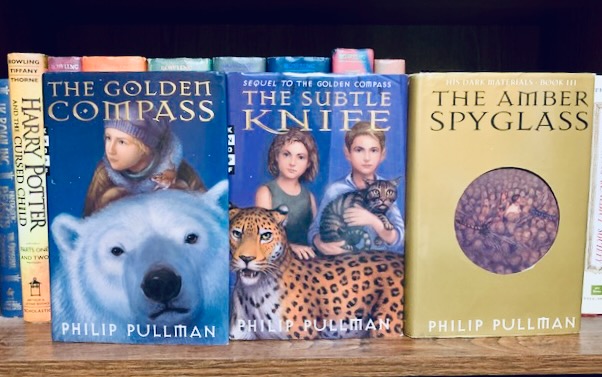Reading Laurence Sterne’s 18th-century novel Tristram Shandy (more properly The Life and Opinions of Tristram Shandy, Gentleman) is an experience like no other. You open it up expecting it to be what it purports to be: a Bildungsroman along the lines of, say, David Copperfield, or its close contemporary, Fielding’s History of Tom Jones, a Foundling. What you get instead is something completely unprecedented, which appears… Continue reading Laurence Sterne’s “Tristram Shandy”
Category: Review
Muriel Spark’s “The Prime of Miss Jean Brodie”
The selfless and tireless new teacher who comes into a new school with unorthodox methods that challenge the old, ineffective ways of other educators and succeeds in inspiring underachieving students to find the potential within themselves to rise above their unpromising condition and grow into successful adulthood is, basically, the clichéd “teacher as hero” story.… Continue reading Muriel Spark’s “The Prime of Miss Jean Brodie”
Mary Shelley’s “Frankenstein”
Mary Shelley was only eighteen years old when, having eloped with the already-married Romantic poet who ultimately did make an “honest woman” of her, she took seriously the challenge of Shelley’s friend Lord Byron to write a “ghost story” and produce what was ultimately to become the most successful Gothic horror story ever published. Some… Continue reading Mary Shelley’s “Frankenstein”
Sir Walter Scott’s “Ivanhoe”
Sir Walter Scott’s most popular novel is one that does not appear on many of the most common lists of “Greatest Novels.” The book does have some acknowledged flaws: though a historical novel, there are places where an alert reader might discover an anachronism or two. Further, the prose style is somewhat turgid for contemporary… Continue reading Sir Walter Scott’s “Ivanhoe”
Paul Scott’s “The Jewel in the Crown”
Paul Scott, the British author of thirteen novels, only began writing seriously in his forties, when he quit his job as a literary agent (he had represented such stars as Arthur C. Clark and Muriel Spark) and received a stipend to return to India (where he had served in the British army during the Second… Continue reading Paul Scott’s “The Jewel in the Crown”
J.D. Salinger’s “The Catcher in the Rye”
When I think of J.D. Salinger’s The Catcher in the Rye, one of the first things that comes to mind is how often people have tried to ban it. I suppose that’s because when I first read the novel in high school, it was the number one banned book in schools and libraries in the United… Continue reading J.D. Salinger’s “The Catcher in the Rye”
Salman Rushdie’s “Midnight’s Children”
My guess is that most readers, on hearing the name Salman Rushdie, think first of the furor that accompanied the publication of his 1988 novel The Satanic Verses—the rage of Muslim extremists who saw the book as blasphemous in its treatment of the Prophet Muhammed. The book was subsequently banned in twenty different nations, including India,… Continue reading Salman Rushdie’s “Midnight’s Children”
Philip Roth’s “American Pastoral”
Before his death in 2018 at the age of 85, Philip Roth had for decades been touted for the Nobel Prize in literature. As one of America’s most prolific and highly regarded novelists, and a favorite of odds-makers projecting the award’s winners, Roth had a right, or at least a hope, to expect the award… Continue reading Philip Roth’s “American Pastoral”
Thomas Pynchon’s “The Crying of Lot 49”
After the towering critical success of his first three novels, Thomas Pynchon was being considered by some, in the 1970s, as America’s greatest living writer. It’s true that, like his fellow early post-modernist John Barth, his reputation has declined significantly over the past forty years or so—though perhaps not as precipitously as Barth’s since his… Continue reading Thomas Pynchon’s “The Crying of Lot 49”
Phillip Pullman’s “His Dark Materials”
Phillip Pullman once said “I’ve been surprised by how little criticism I’ve got [for His Dark Materials]. Harry Potter’s been taking all the flak….Meanwhile, I’ve been flying under the radar, saying things that are far more subversive than anything poor old Harry has said. My books are about killing God.” Pullman has a point. While conservative Christian… Continue reading Phillip Pullman’s “His Dark Materials”


